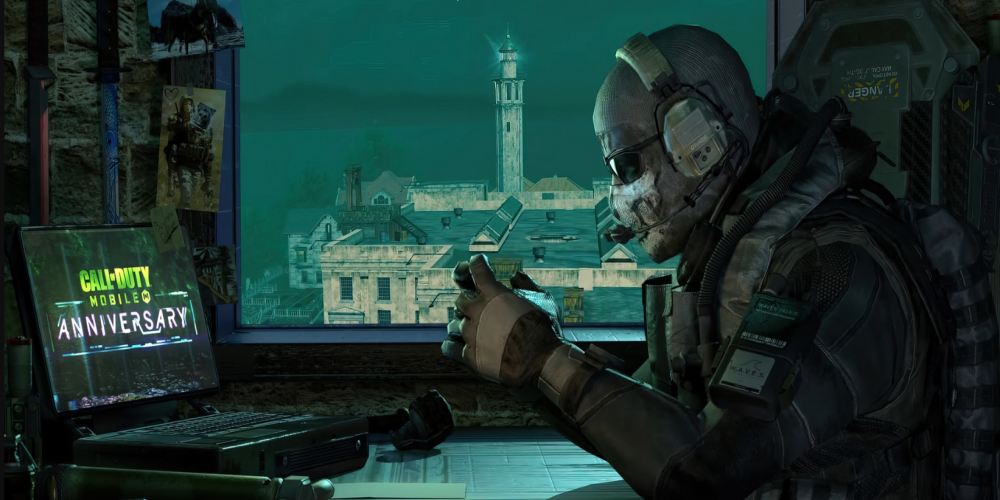How to Dominate the Leaderboards in "Call of Duty: Mobile" – Expert Strategies for Victory

The realm of Call of Duty: Mobile is a battleground where only the most skilled, strategic, and quick-reacting players can claim supremacy. Dominating the leaderboards and achieving victory requires not just fast fingers and sharp reflexes but also a deep understanding of the game's mechanics, maps, and modes.
Understanding Game Mechanics and Weapon Mastery

Before you can truly dominate Call of Duty: Mobile, you must become one with the game's mechanics. Mastery of the various weapons is crucial, as each has its unique properties, strengths, and weaknesses that can be leveraged in different scenarios. Spend time in the practice range, familiarizing yourself with the recoil patterns, rate of fire, and reload times of your chosen arsenal. This knowledge will give you the confidence to select the right tool for every job, whether it's a close-quarters skirmish or a long-range engagement.
Moreover, understanding the nuances of movement, such as sliding, jumping, and drop-shotting, can give you a significant edge in combat. These maneuvers make you a harder target to hit and can often be the deciding factor in a heated encounter. Combining weapon mastery with advanced movement will make you a formidable adversary on any map.
Map Knowledge and Strategic Positioning

Victory or defeat can frequently hinge on how well one knows the landscape. In Call of Duty: Mobile, understanding the layout of the maps is crucial for strategic play. Being aware of every detail of the maps enables you to predict where opponents will move, identify prime spots for an advantage, and steer clear of areas where you might be cornered. Devote time to thoroughly familiarize yourself with each map, memorizing every nook, secret spot, and strategic narrow passage.
Once you've internalized the maps, apply this knowledge by positioning yourself strategically during matches. Hold advantageous positions that provide cover and visibility, and be ready to rotate quickly when necessary. Controlling the map is about being proactive, not reactive; predict where the enemy will be and position yourself to counter their tactics effectively.
Teamwork and Communication

Solo prowess can take you far in Call of Duty: Mobile, but true domination often requires cohesive teamwork and clear communication. Whether you're playing with friends or matched with strangers, establishing a basic level of communication can significantly improve your chances of success. Simple callouts, warnings, and coordination can turn the tide of battle by ensuring everyone is working towards a common objective.
Building a regular squad of players with complementary playstyles can also create a formidable force on the leaderboards. When each member knows their role and trusts their teammates to fulfill theirs, the unit becomes much more than the sum of its parts. Teamwork in Call of Duty: Mobile isn't just about supporting each other in firefights; it's about creating a synergistic strategy that leverages each player's strengths to outplay the opposition.
Adapting to the Meta

The landscape of Call of Duty: Mobile is ever-evolving, with updates, new weapons, and seasonal changes constantly shifting the meta. To maintain your dominance, you must stay informed about these changes. This might mean experimenting with new weapon load-outs, adjusting your playstyle to counter popular strategies, or taking advantage of newly introduced features or game modes.
Adaptability also involves recognizing when your current approach isn't working and being willing to make changes mid-match. If a particular weapon or tactic isn't yielding results, don't be afraid to switch things up. The best players are those who can read the battlefield and evolve with it, always staying one step ahead of their adversaries.
Conclusion
Conquering the leaderboards in Call of Duty: Mobile is a testament to skill, strategy, and adaptability. By mastering the game's mechanics, gaining intimate knowledge of the maps, fostering effective teamwork, and staying ahead of the meta, you can rise to the challenge and secure your place among the elite.








